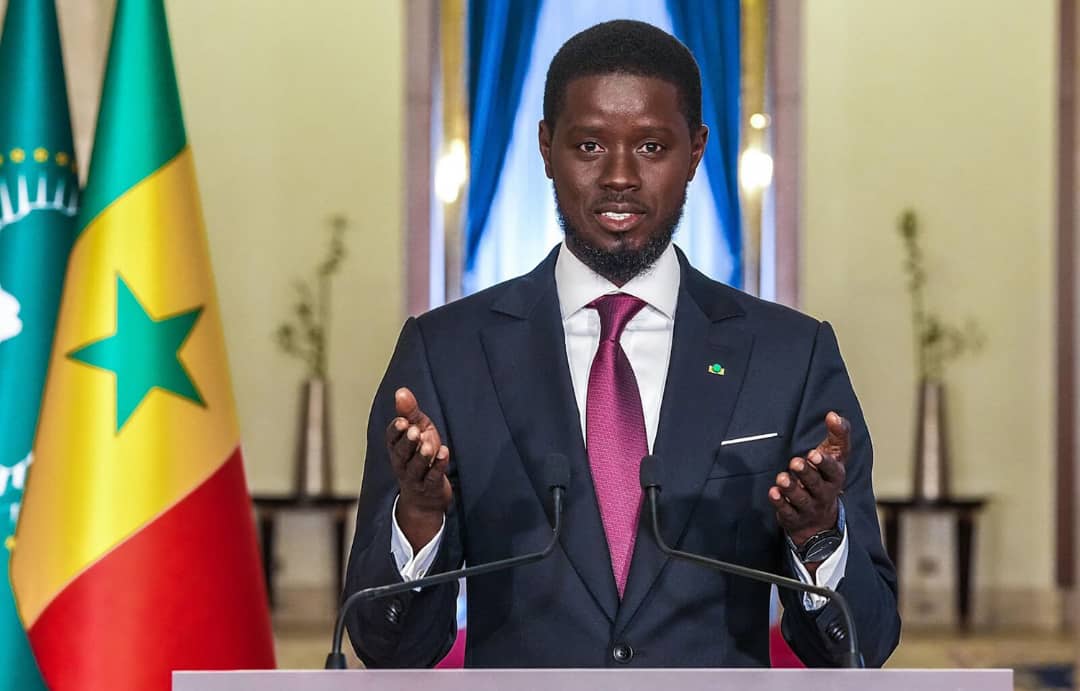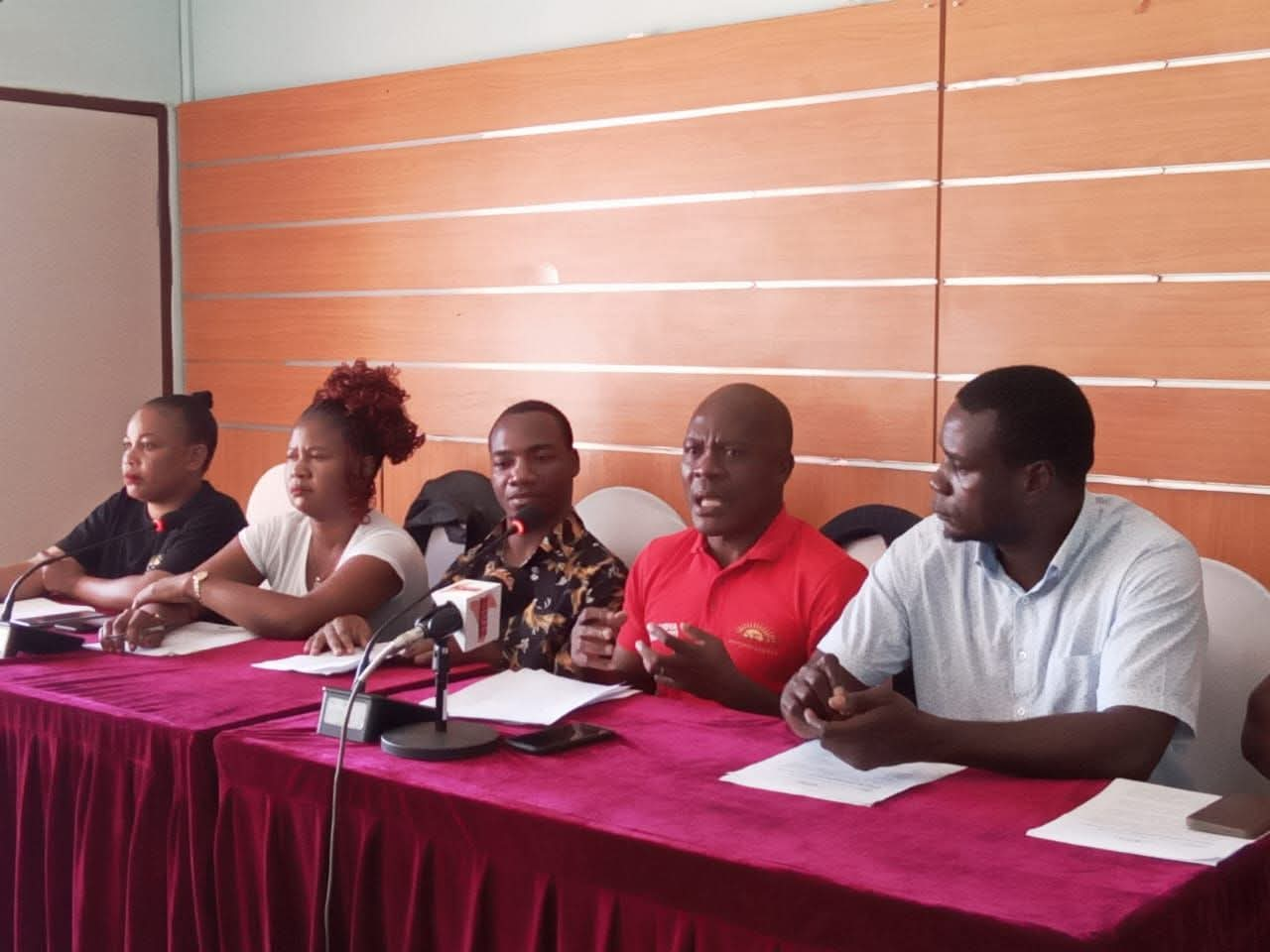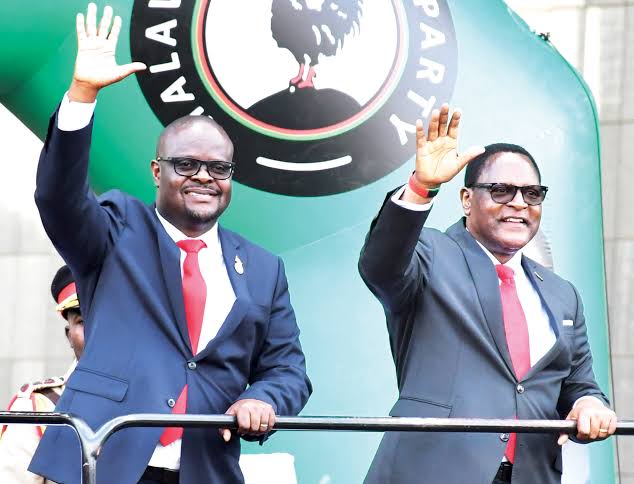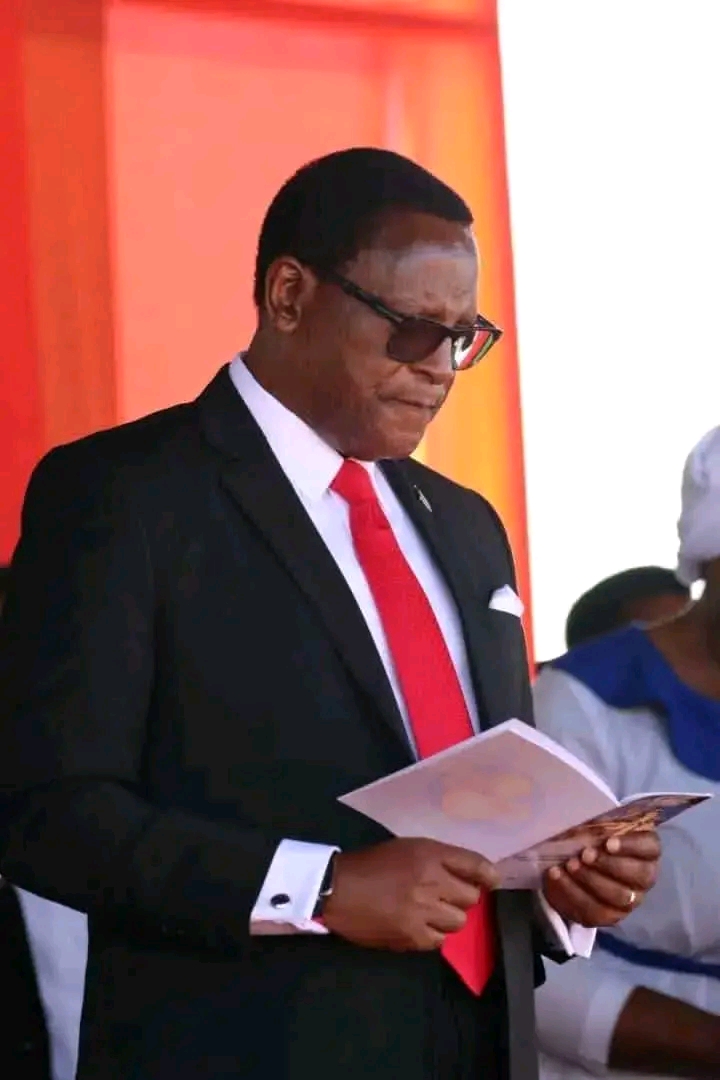By Burnett Munthali
On Monday, the Senegalese government presented its ambitious long-term economic action plan, extending through 2050, aimed at transforming the country’s socio-economic landscape. This comprehensive plan seeks to address long-standing issues of underdevelopment, foreign dependency, and crippling debt, steering Senegal towards sustainable growth and economic independence.
A bold vision for the future
The new strategy, which forms part of the government’s broader Vision 2050 framework, is grounded in several key objectives. The first is the diversification of the national economy, with a particular focus on developing sectors such as agriculture, industry, and energy. By moving away from heavy reliance on extractive industries and imported goods, Senegal aims to foster self-sufficiency and promote value-added industries that can create jobs and stimulate economic growth.
- Chithyola Banda: Between Allegations and Political UndercurrentsBy Staff Reporter Chithyola Banda continues to find himself at the center of intense public scrutiny, as allegations and counterclaims…
- Kalindo thanks Mutharika for Chilima’s death fresh inquiry
- CDEDI Blasts Chakwera Era as “Malawi’s Worst Mistake,” Says Mutharika Comparison an “Insult”
- CCYCDO Strengthens Community Ties Through Visit to Disabled Individuals in Chiradzulu
- Gulf in Flames: Iran’s Retaliatory Blitz Shakes U.S.–Israel Alliance and Redraws the Balance of Power
- Msonda claims corruption cannot happen in government without him being aware
- Kamphangala plead with Kenyatta to revoke panga wielding thugs bail
- NBM plc unveils Mo Excellence programme for tertiary students
In unveiling the plan, President Macky Sall emphasized the importance of laying strong foundations for future generations. “We are committed to building a resilient, inclusive economy that is capable of withstanding global shocks and ensuring prosperity for all Senegalese,” he stated. The plan reflects the government’s determination to reduce poverty, generate employment, and improve infrastructure while minimizing environmental impact.
Key pillars of the economic action plan
The economic strategy is built around several fundamental pillars:
1) Agricultural Transformation: A significant portion of the plan focuses on modernizing agriculture through improved technology, irrigation, and sustainable farming practices. By enhancing agricultural productivity, the government hopes to not only feed its population but also become a key exporter of agricultural goods in the region.
2) Energy Independence: With Senegal’s recent oil and gas discoveries, the plan highlights energy as a critical sector for reducing dependency on foreign imports. Investments in renewable energy, particularly solar and wind, are expected to complement the country’s oil and gas resources, ensuring a more stable and diversified energy supply.
3) Industrialization and Infrastructure Development: Senegal’s plan envisions a robust industrial base that can process raw materials locally and reduce the country’s reliance on imported goods. This will be supported by significant investments in transport infrastructure, including roads, ports, and railways, which are crucial for connecting urban and rural areas and facilitating trade.
4) Debt Reduction and Fiscal Discipline: Addressing the country’s rising debt burden is a central theme of the action plan. The government has pledged to adopt a more prudent approach to borrowing, focusing on attracting foreign direct investment (FDI) and mobilizing domestic resources to finance its projects.
5) Human Capital and Social Development: The plan includes substantial investments in education, healthcare, and social services to improve living standards and reduce inequality. Special emphasis is placed on equipping the workforce with the skills needed for a modern economy, particularly in technology and innovation sectors.
Breaking free from dependency
At the heart of the plan is the desire to reduce Senegal’s dependence on international aid and financial institutions. The government aims to shift towards a more self-reliant economic model that encourages domestic production and exports while fostering regional trade partnerships. By doing so, Senegal hopes to take greater control over its economic destiny and shield itself from global economic volatility.
The government’s push for regional integration, particularly within the West African Economic and Monetary Union (WAEMU) and the African Continental Free Trade Area (AfCFTA), is also a key part of this strategy. These regional trade initiatives are expected to open up new markets for Senegalese goods and services, while also fostering greater cooperation with neighboring countries.
Challenges and opportunities
While the plan is bold and forward-looking, it faces several challenges. Senegal’s existing debt levels remain high, and external shocks, such as global commodity price fluctuations and climate change, could hinder progress. Furthermore, the success of the plan will largely depend on the ability of the government to attract private sector investment and manage resources efficiently.
However, the opportunities are equally significant. With recent oil and gas discoveries, Senegal is well-positioned to become a regional energy hub. The country’s strategic location along major maritime routes also makes it a potential center for trade and commerce in West Africa.
Conclusion
Senegal’s new economic action plan is a testament to the government’s commitment to overcoming the historical barriers of underdevelopment, dependency, and over-reliance on external debt. By focusing on diversification, sustainability, and self-reliance, the plan lays out a clear roadmap for the country to achieve economic independence and long-term prosperity. If implemented successfully, it could serve as a model for other African nations seeking to break free from the cycle of aid dependency and debt, while building a resilient and dynamic economy for future generations.




